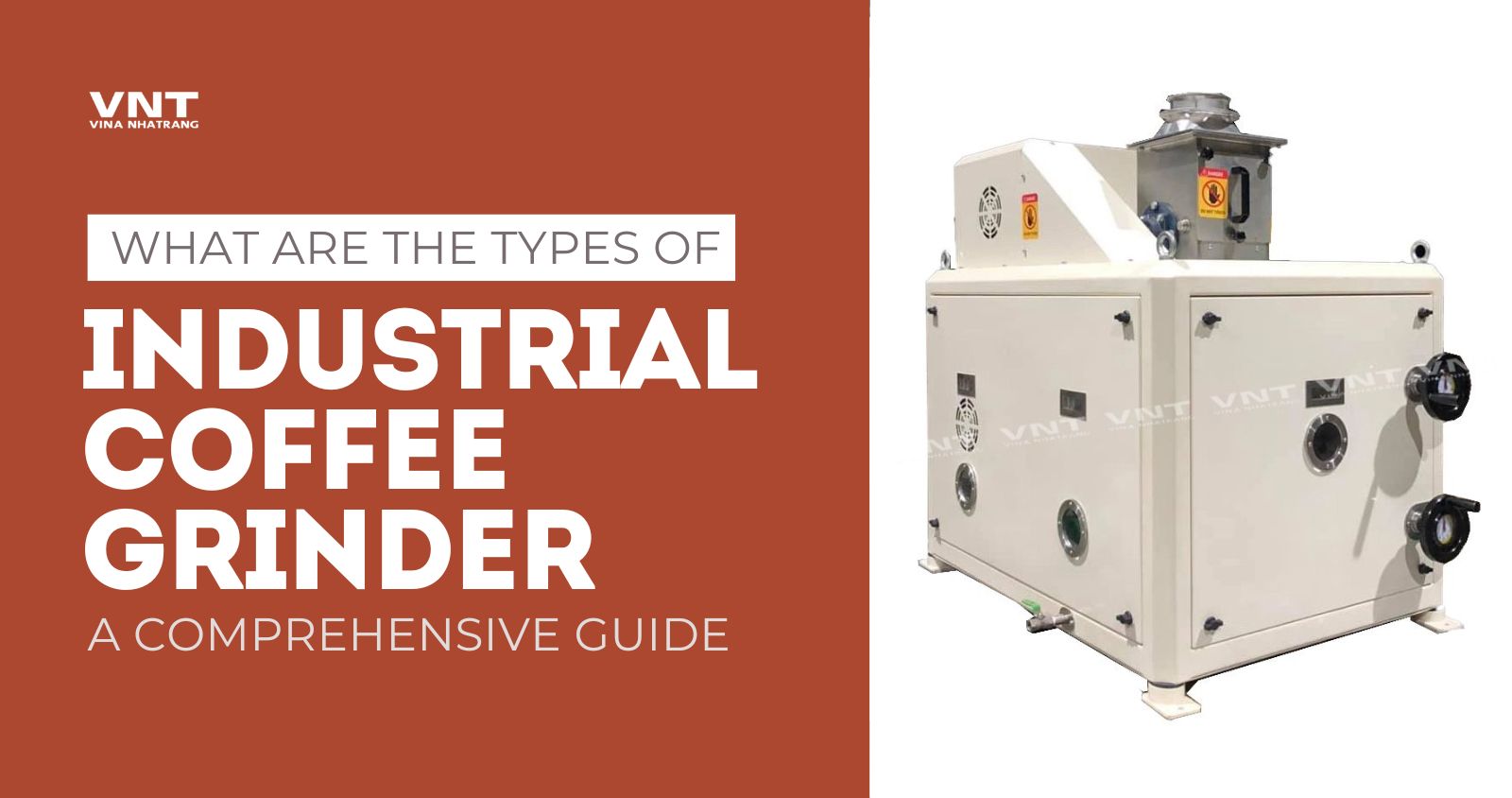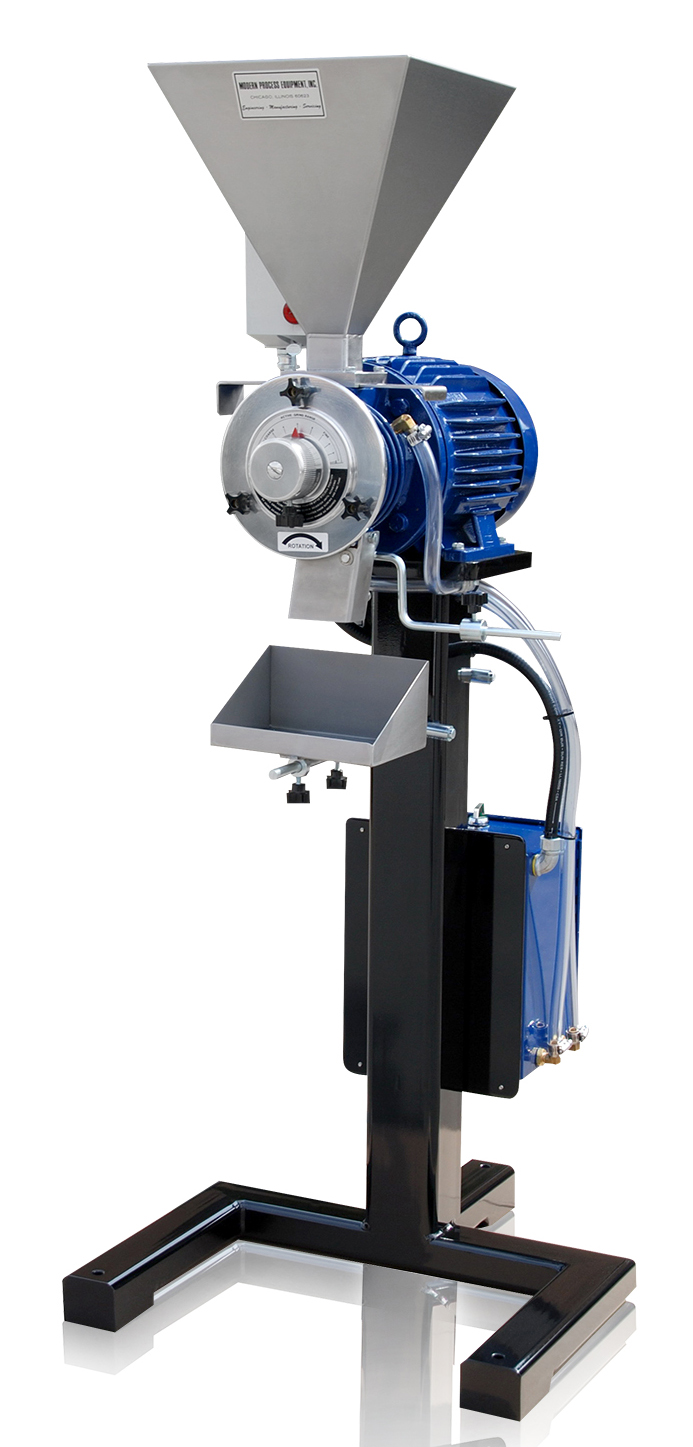Industrial Coffee Grinder: A Must-Have for Coffee Shops and Bistros
Industrial Coffee Grinder: A Must-Have for Coffee Shops and Bistros
Blog Article
How to Choose the Perfect Industrial Coffee Mill for Your Company
Choosing the optimal commercial coffee mill for your organization is a multifaceted decision that needs mindful factor to consider of several vital elements. In addition, understanding the numerous kinds of grinders available can substantially influence your functional effectiveness.
Assess Your Grinding Requirements
When picking an industrial coffee mill, one must first evaluate their grinding requirements to make certain optimum performance and consistency. This initial examination entails understanding the volume of coffee to be processed daily, as well as the preferred grind size for different brewing techniques. A high-capacity mill may be essential for businesses serving large quantities of coffee, while smaller procedures could locate an extra portable version enough.
Furthermore, it is important to take into consideration the kinds of coffee beans being utilized, as different beans may require specific grinding techniques to achieve the most effective flavor account. Oily beans might demand a mill developed to deal with such characteristics without overheating or clumping.
Specialty coffee organizations typically require accurate work sizes to boost extraction and flavor, making it vital to select a mill that can provide uniform results. Evaluating the offered space and electric needs will assist in picking a mill that fits flawlessly into your functional operations.
Understand Mill Types
Understanding the numerous kinds of industrial coffee mills is vital for making a notified choice that fulfills particular functional demands. There are primarily 2 groups of grinders: blade grinders and burr mills.
Blade mills make use of spinning blades to cut the coffee beans, resulting in an inconsistent grind size - Industrial Coffee Grinder. While they might be a lot more affordable, they are frequently not appropriate for industrial applications where accuracy is necessary
On the various other hand, burr mills give an extra consistent work by squashing the beans in between 2 surfaces. They can be additional categorized right into flat burr and cone-shaped burr grinders. Flat burr grinders offer a consistent grind dimension and are generally favored for espresso preparation, while conical burr grinders are flexible and can manage an array of brew methods, from espresso to French press.
When picking a grinder, think about the certain demands of your business, including preferred grind uniformity, production quantity, and the sorts of coffee beverages you prepare to supply - Industrial Coffee Grinder. Each grinder type has its benefits and constraints, so understanding these subtleties makes it possible for informed decision-making that lines up with functional goals
Evaluate Grind Size Uniformity
Achieving work dimension uniformity is essential for creating high-grade coffee, as variants in bit dimension can dramatically impact removal and taste. When picking an industrial coffee mill, it is vital to examine how well the equipment preserves harmony in grind dimension across various batches. Irregular grind sizes can cause uneven removal, resulting in a mug that may taste weak or overly bitter.
To analyze grind dimension consistency, think about grinders with attributes such as adjustable grind setups and top notch burrs. Burr grinders, specifically, excel in creating consistent particle sizes contrasted to blade grinders. The material and form of the burrs play a vital function, with stainless-steel and ceramic options offering longevity and precision.

Take Into Consideration Manufacturing Capability
In the busy globe of coffee manufacturing, thinking about manufacturing ability is vital for businesses aiming to fulfill need without giving up quality. The production capacity of an industrial coffee grinder directly influences a company's ability to satisfy orders effectively, handle stock, and respond to changing market patterns.
When examining manufacturing capability, it is necessary to review the mill's outcome rate, usually determined in pounds per hour. This measurement should straighten with your organization's predicted sales quantity and growth company website targets. As an example, a café with a high turnover may require a mill that can refine a number of hundred extra pounds daily, while a smaller procedure may be enough with a lower ability version.
In addition, think about the sort of coffee being processed. Various beans and blends may impact grinding rate and effectiveness, necessitating a mill with the ability of managing diverse production needs. It's additionally worth considering the grinder's capacity to preserve constant top quality under high output problems, as any variations can impact the last item.
Eventually, picking a grinder that matches your business's production ability will certainly guarantee you stay affordable and responsive to customer expectations.

Spending Plan and Upkeep Factors
When evaluating the ideal industrial coffee budget plan, upkeep and mill variables play a significant role in the overall decision-making procedure,. An initial financial investment in a high-grade mill can produce long-term advantages, however it's important to establish a clear budget that straightens with your organization's functional needs. Consider both the acquisition cost and potential functional expenses, such as power consumption and replacement components.
Maintenance is another vital aspect that can affect your budget. Industrial coffee mills need normal maintenance to make sure optimal performance and durability. Evaluate the producer's suggestions for maintenance, consisting of cleaning schedules and components replacement, as these will certainly impact lasting functional costs. Furthermore, take into consideration the schedule additional hints of service and support, as reliable assistance can reduce downtime and repair service expenditures.

Purchasing a mill that is long lasting yet simple to maintain can conserve money gradually. While lower-priced alternatives may be tempting, they may sustain higher upkeep expenses and lowered efficiency. Ultimately, stabilizing initial expenses with lasting maintenance and operational performance will guide you to the ideal option for your service's coffee grinding demands.
Verdict
Selecting the optimal industrial coffee mill demands a detailed assessment of grinding needs, grinder types, grind size uniformity, manufacturing ability, and monetary factors to consider. A well-chosen mill not just improves the high quality of the coffee generated however likewise contributes to the overall success and profitability of the enterprise.
Specialty coffee companies frequently require precise work dimensions to enhance extraction and flavor, making it crucial to pick a mill that can supply consistent outcomes. Apartment burr grinders provide a consistent grind dimension and are typically favored for coffee prep work, while cone-shaped burr grinders are versatile and can handle an array of mixture techniques, from espresso to French press.
When selecting a commercial coffee mill, it is important to assess how well the machine keeps uniformity in grind dimension throughout different sets. Burr mills, in specific, excel in generating consistent particle dimensions contrasted to blade grinders.Selecting the ideal commercial coffee grinder necessitates a comprehensive evaluation of grinding demands, grinder kinds, grind size consistency, manufacturing capability, and budgetary factors to consider.
Report this page